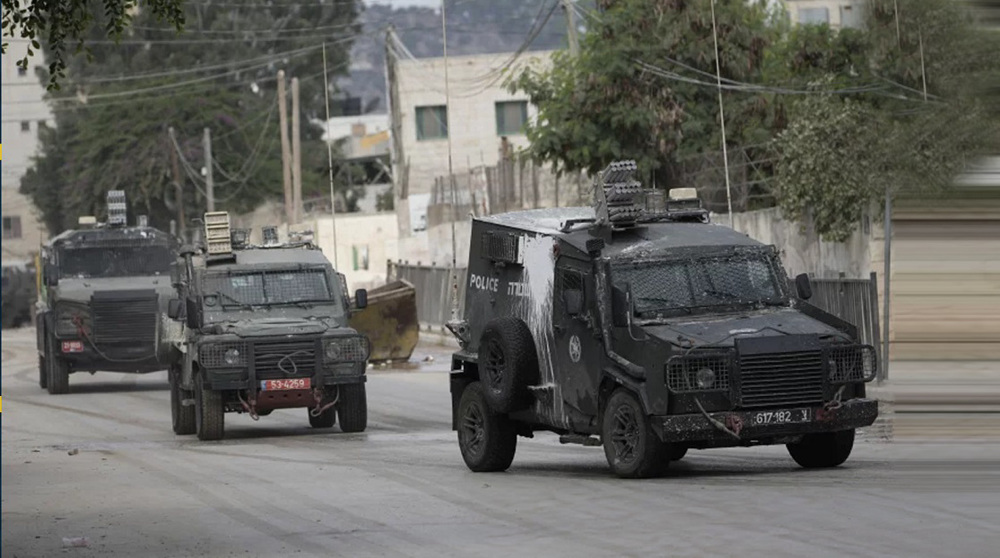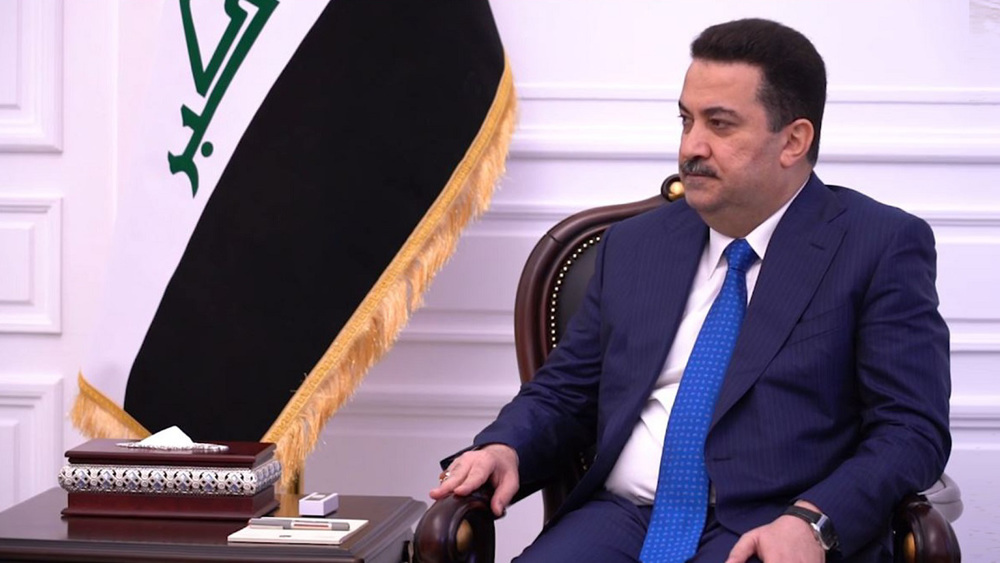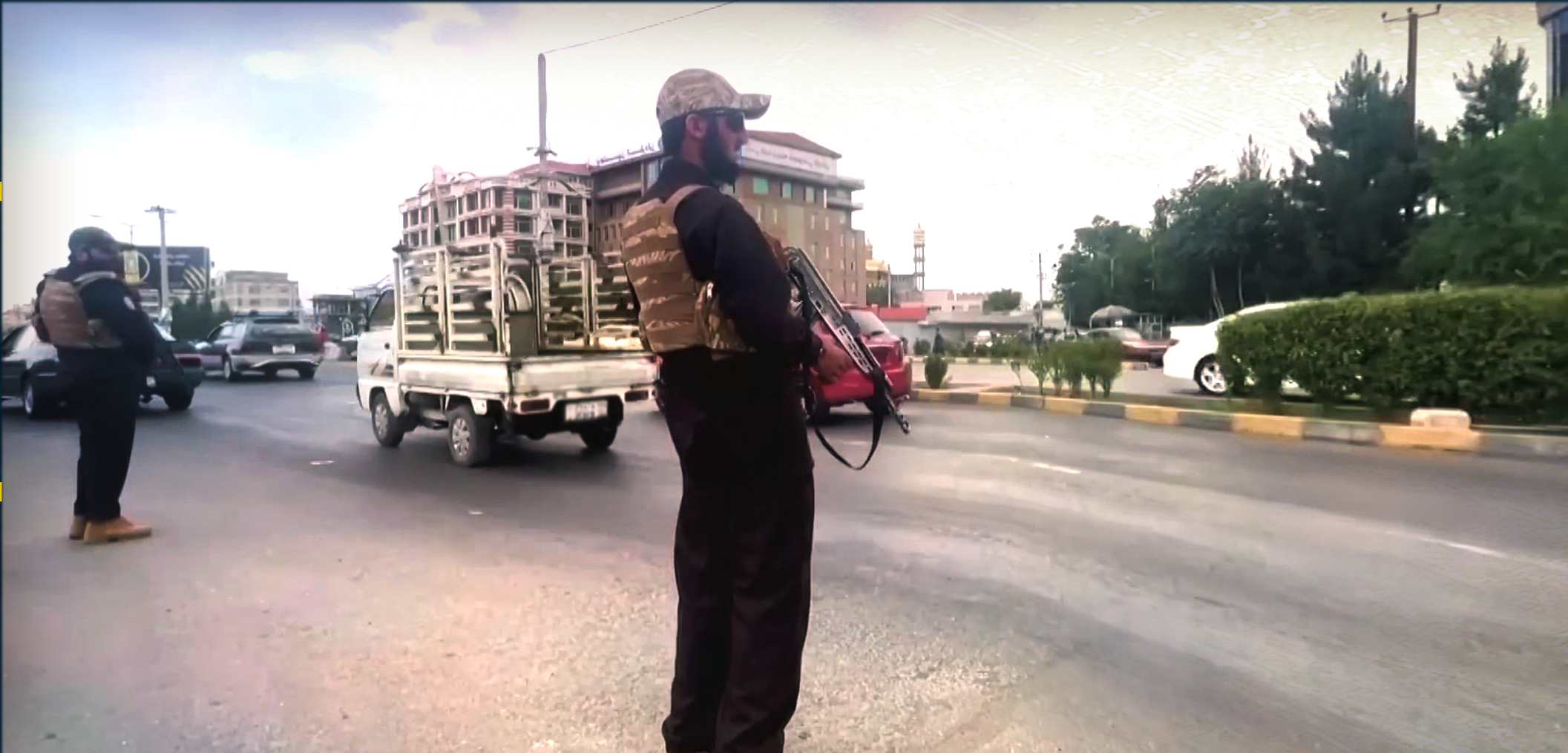India’s record-high petrol, diesel prices threaten road to economic recovery
Munawar Zaman
Press TV, New Delhi
Crude oil is considered one of the backbones of the Indian economy and recent months have seen a sharp rise in the crude prices.
Petrol prices are at an all-time high in Mumbai while diesel, the main driver of industrial activity, is being sold for more than 88 rupees a liter, raising transportation costs.
The government of Prime Minister Narendra Modi for now has shifted the blame for high prices on previous governments and production cuts by some oil exporting nations.
Experts say rising crude prices will add pressure on the country’s economy that is heavily dependent on imports and has just recovered from a deep recession following the COVID-19 pandemic which shattered the world economy.
While many experts believe that the government could cut taxes on petrol and diesel ahead of elections in five key states, they, however, warn that the persistent higher prices could lead to inflation which could threaten the path to recovery. They say both state and central government should act swiftly.
While the revenues gained from taxes on retail fuel is key for government to boost spending in the economy that exited a rare recession, the central bank sees those levies along with elevated crude prices a benefit, but experts say any withdrawal of the easy monetary policy to combat price-growth will lead to a spike in borrowing costs, in turn hurting consumption and business activity at a time when millions of Indians are still out of work due to pandemic.
Experts say the turmoil in the West Asia [region] is also a factor driving oil prices especially for India which is import-driven economy. Meanwhile, a new report by the Organization for Economic Cooperation and Development predicts India will be among the large economies most severely hit by the COVID-19 pandemic and the lockdown restrictions to combat it.
Italy arrests Palestinian activist amid crackdown on anti-Israel voices
VIDEO | Myanmar's capital goes to polls amid civil war, humanitarian crisis
Israeli forces invade Syrian village amid continued aggression
UN experts warn Palestine Action hunger strikers at risk of death
Putin: Russia will use force to achieve goals if Ukraine stalls peace negotiations
The Year That Was: Best of ‘Iran First’ in 2025, the year of major Iranian breakthroughs
German journalist says Israeli forces raped her after abducting her from Gaza flotilla
VIDEO | Press TV's news headlines









 This makes it easy to access the Press TV website
This makes it easy to access the Press TV website